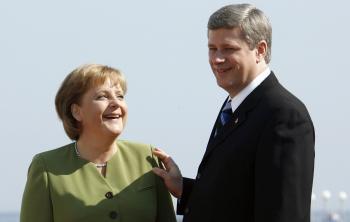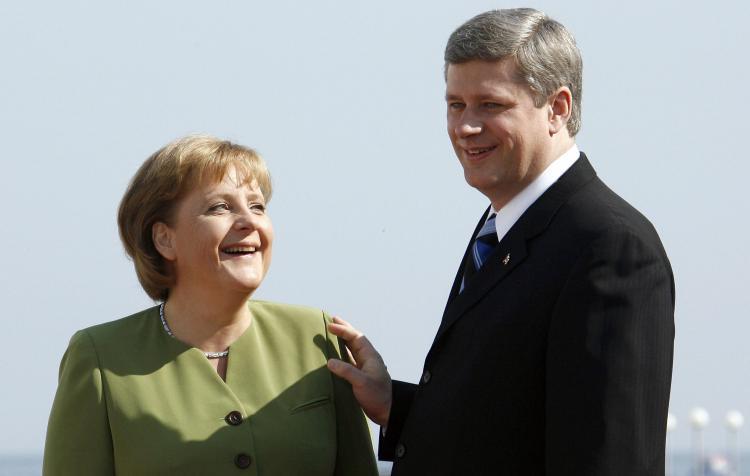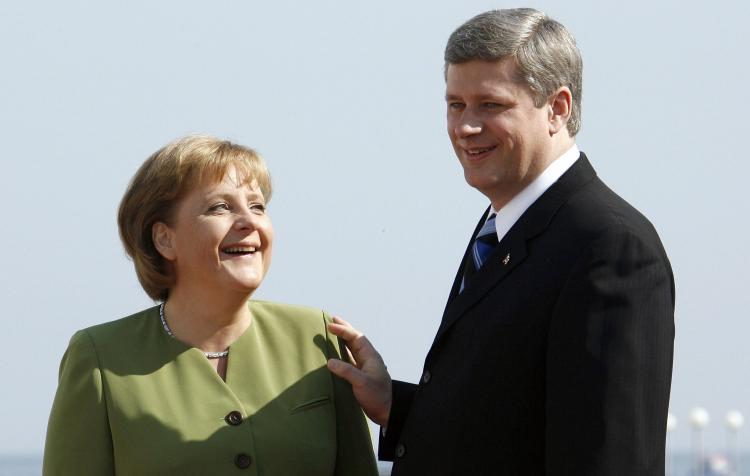{xtypo_sticky} Some World Leaders Attending the Games
- Australian Prime Minister Kevin Rudd
- King of Cambodia Norodom Sihamoni
- Croatian President Stjepan Mesić
- Finnish Prime Minister Matti Vanhanen
- Japan’s Prime Minister Yasuo Fukuda
- Mauritian President Sir Anerood Jugnauth
- Dutch Prime Minister Jan Peter Balkenende
- South Korean President Lee Myung-bak
- Russian President Vladimir Putin
- Swiss President Pascal Couchepin
- Thai Prime Minister Samak Sundaravej
- United States President George W. Bush
- Vietnam President Nguyễn Minh Triết
- French President Nicolas Sarkozy






